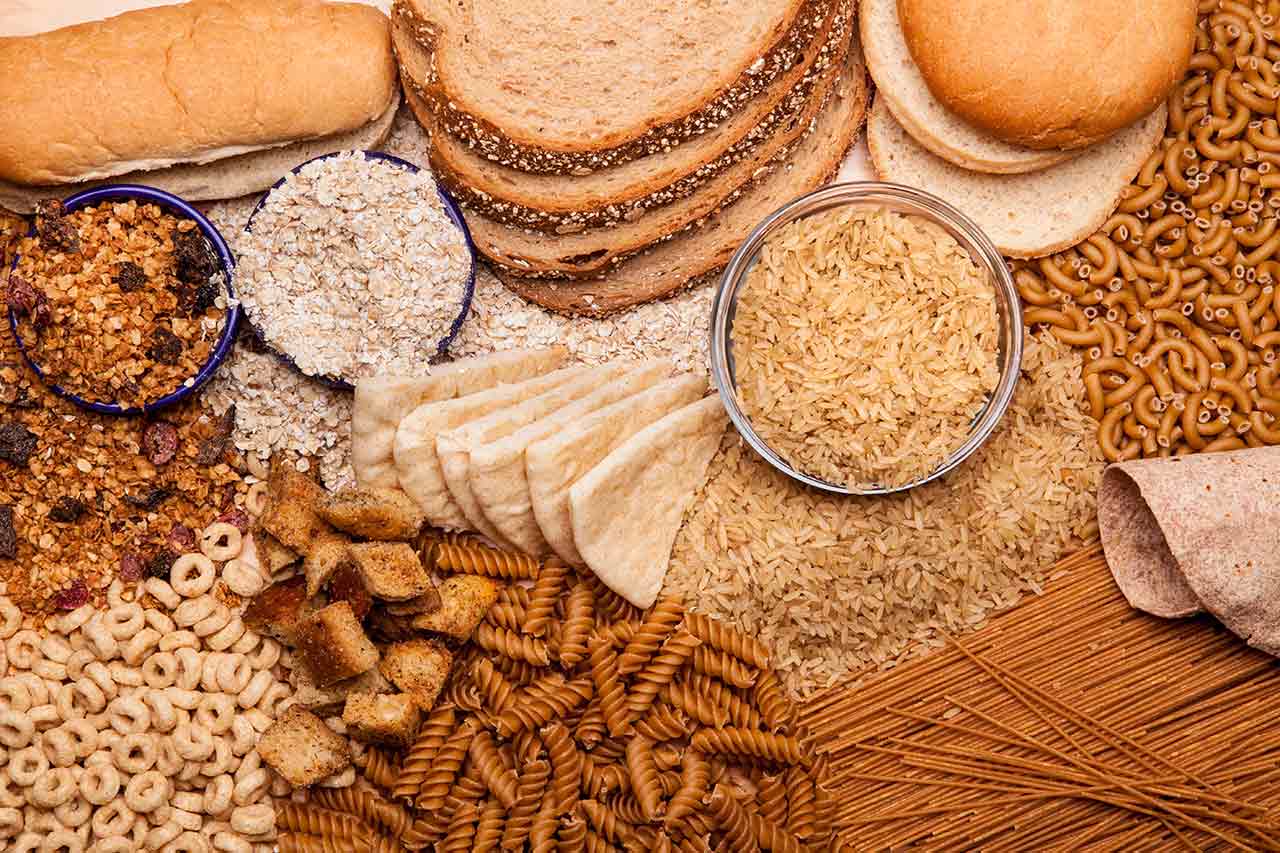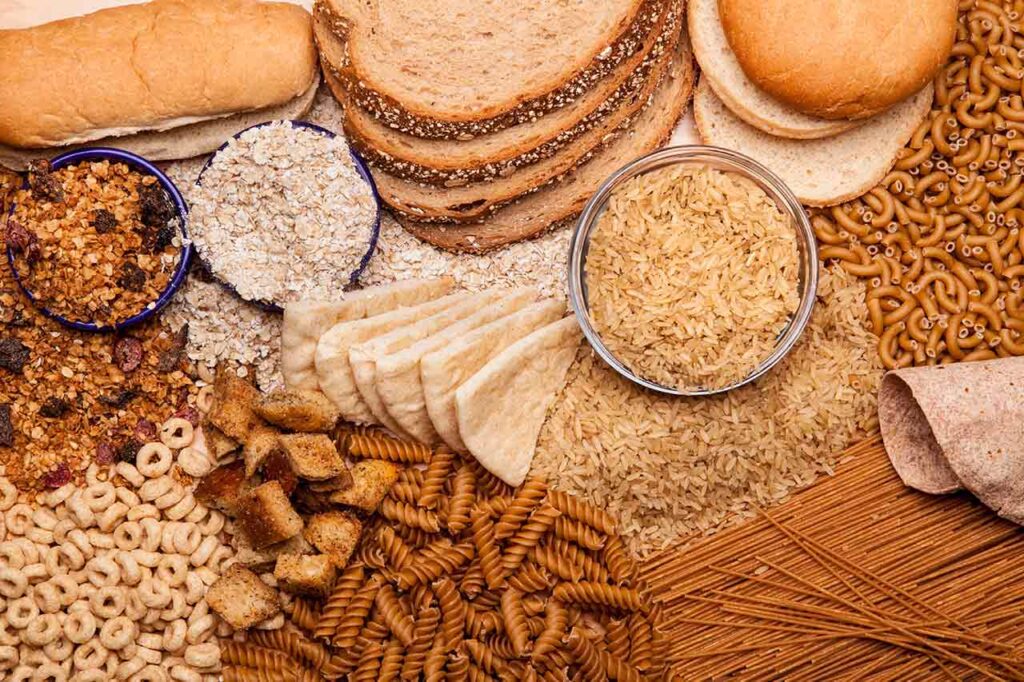Prebiotic Fiber Maintains the Health of Gut Bacteria

Scientists have found bacteria that call the colon home is incredibly important to wellness. The healthy microflora that live in the colon help digest food, strengthen the bowel wall, improve mineral absorption, boost immunity to viruses and aid in regulation of hormone production.
The Institute of Medicine recommends female adults 50 years and younger consume 25 grams of fiber and men 38 grams of fiber daily. Women over 50 should consume 21 grams and men 30 grams of fiber daily. There is no broad consensus on the ideal daily serving of soluble prebiotic fiber. However, recommendations typically range from 4 to 8 grams of this to be in prebiotic form to support digestive health.
Prebiotics are soluble fiber compounds that pass undigested through the upper part of the gastrointestinal tract and stimulate the growth of microorganisms that colonize the lower intestinal tract. This creates an optimal environment for probiotic bacteria to grow on, acting as a kind of fertilizer for the microflora. When consumed, prebiotic fibers are fermented in the large intestine by the bacteria that live there. The fermentation produces byproducts in the form of fatty acids that the good bacteria feed on to grow and proliferate. This prebiotic fiber strengthens and significantly increases the good bacteria while it also helps suppress the disease-causing bacteria. This results in an optimal environment for good digestive health.
In some ways, probiotics are unnecessary for healthy individuals who consistently ingest prebiotics. For this reason, eating foods rich in prebiotics are better than taking probiotics for most people. Research and clinical studies show many people find prebiotics give them satiety by making them feel fuller longer. Therefore, people trying to maintain a healthy weight or lose weight should eat prebiotics with their meals.
The difference between the two fibers is soluble versus insoluble. Insoluble fiber isn’t broken down by the gut and absorbed into the bloodstream. It adds bulk to waste in the digestive system, which helps keep you regular and prevent constipation.
Soluble prebiotic fiber is soft and sticky and absorbs water to form a gel-like substance inside the digestive system. Soluble fiber helps soften stool so it can slide through the GI tract more easily. It also binds to substances like cholesterol and sugar, preventing or slowing their absorption into the blood. That’s why it’s known to help regulate blood sugar levels and protect against heart disease by lowering blood cholesterol. This is in addition to feeding the microflora that live in the lower digestive tract.
The top ten foods containing prebiotics in dry form are: chicory root 64.6%, Jerusalem artichoke 31.5%, dandelion greens 24.3%, garlic 17.5%, leek 11.7%, onion 8.6%, asparagus 5%, wheat bran 5% and whole wheat flour cooked at 4.8%. Many other foods contain prebiotic fiber such as, bananas, apple skins, beans, and even honey.
SPI Group carries several prebiotic fibers including chicory root inulin, organic inulin from Jerusalem artichoke and polydextrose.
Please contact your local SPI representative for specification sheets and a sample. Or call our office at 510-351-8012


Recent Comments